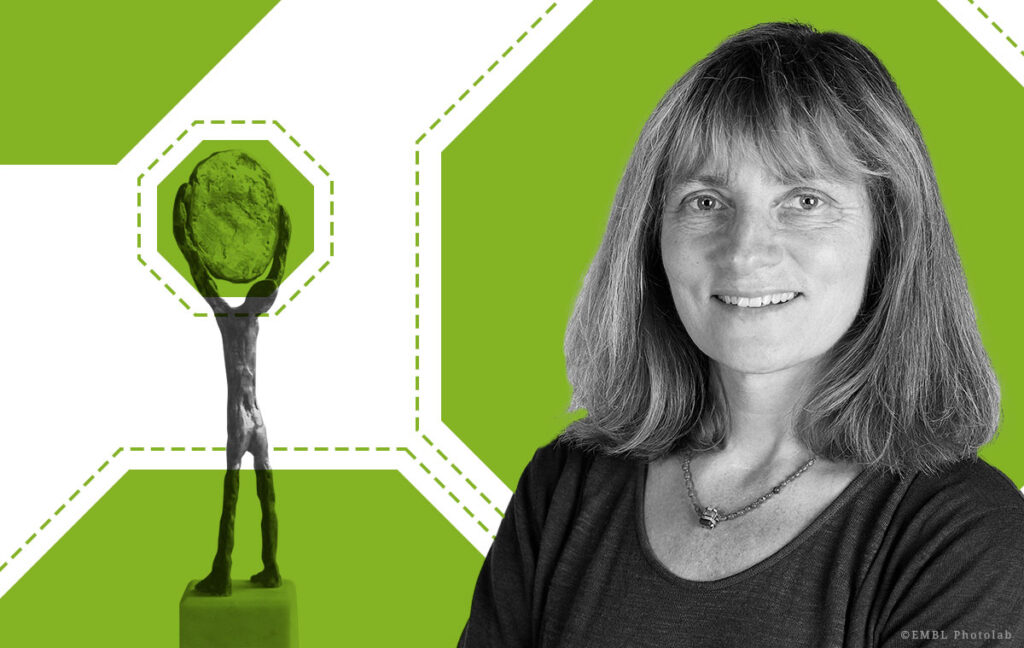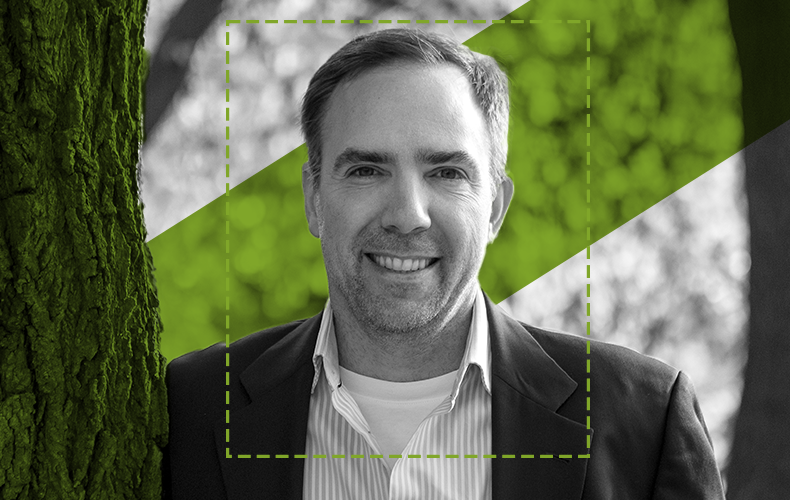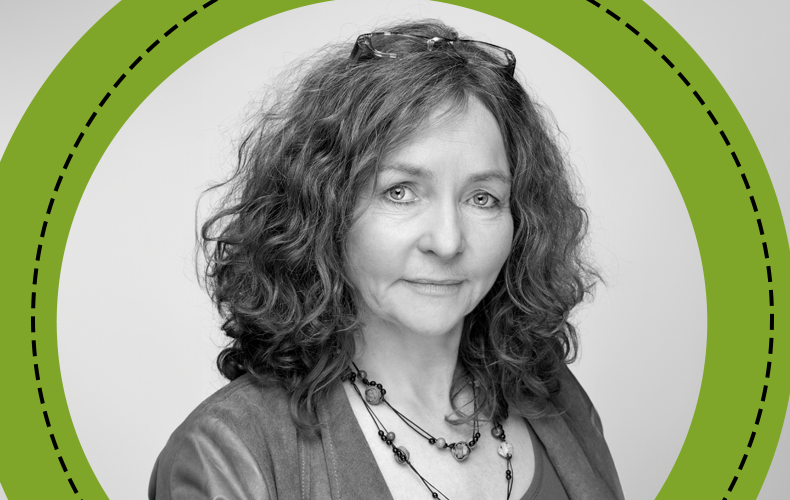25 July 2024 – Anne Ephrussi, emerita of EMBL Heidelberg, Germany, received the FEBS | EMBO Women in Science Award 2024. We spoke to her on this occasion.
Your PhD research on the interaction of cellular factors and immunoglobulin enhancers was highly successful: it resulted in two major publications together with George Church, Walter Gilbert, who had already received his Nobel Prize, and your supervisor Susumu Tonegawa, who would win his Nobel Prize soon after. How did your move to developmental biology and eventually to working on a single gene (oskar) came about?
At the time, how enhancers functioned was unknown and, keen to understand mechanistically how the Ig enhancers worked, I joined Tom Maniatis’ lab as a postdoctoral researcher. But my interests evolved, and Tom generously agreed to let me attend a conference on developmental biology. There, I met Ruth Lehmann, a hugely inspiring young PI, and decided to join her lab at the Whitehead Institute at MIT. A former PhD student of Christiane Nüsslein-Volhard, Ruth brought with her maternal effect mutants in which patterning of the embryo was affected. Each lab member was offered a mutant and I got oskar, which to me was the most interesting: oskar mutant embryos developed no abdomen or germ cells, the cells responsible for maintenance of the species. The first step was cloning the gene the “old way”. Our neighbour, Don Rio, suggested an experiment that very well could not have worked, but did, and showed that I’d cloned the gene. That’s about taking risks – it’s definitely worth it – and, as with the Ig enhancer experiments, it paid off with a fantastically exciting discovery.
oskar turned out to be a particularly rich gene to study at the molecular, biochemical, cell biological and developmental level. The finding that oskar RNA localization and local translation at the oocyte posterior is essential for proper development paved the way for decades of research by my group: on ribonucleoprotein (RNP) assembly and transport, translational control and much more. oskar became a paradigm for the study of RNA regulation in an organismal context.
Looking back at your career, what was your most exciting discovery?
It was when, as a postdoctoral researcher in Ruth Lehmann’s lab at the Whitehead Institute/MIT, I discovered that oskar induces germ cell formation. I had generated flies in which oskar RNA was ectopically targeted to the oocyte anterior,and was sitting at the microscope in our lab, looking at stained embryos: I saw the ectopic oskar mRNA signal and a group of pole cells – germ cells – at the anterior! It was simply breathtaking. Since then, my lab members have made hugely exciting discoveries, for instance, that oskar RNA, which encodes the germline inducing oskar protein, also has an essential non-coding function. How many other mRNAs also function as a non-coding RNAs?
What has been the biggest challenge you have faced? How have you overcome it?
Staying focused. There are so many interesting things to explore. I always liked to “tinker” in the lab and could do so freely as a PhD student and postdoctoral researcher. I cannot overstate the value of tinkering, as it allows chance discoveries. I have always encouraged my lab members to try new things and to consider less obvious hypotheses, but I also needed to make sure we didn’t go off in too many directions, and that each person had an exciting but also well-founded and rewarding project. Being a PI comes with huge responsibilities towards others – first and foremost one’s lab members, towards one’s colleagues, towards the scientific community and society. As with one’s family, the well-being of my lab-folk and colleagues has always been a main concern.
Have you had role models or mentors? Who were they?
As a child, my role model was my mother, Harriett Ephrussi-Taylor, a brilliant scientist and intellectual of great culture and clear political convictions. My father, Boris Ephrussi, also a great scientist, imparted the importance of scientific rigor as well as the incredible privilege and responsibility scientists have towards society. Joan Steitz, an extraordinary scientist, has for years served as a role model. I wish I had had the fortune of working with her beyond the EMBO | EMBL Symposia we organized together. The late Carolyn Slayman, a geneticist and friend I admired enormously, had high scientific and moral standards and was particularly supportive of early career scientists, and as a student I would turn to her for advice. And most centrally, Mary Weiss, another remarkable scientist and friend, has been inspirational for her intelligence, rigor and strong sense of ethics. I had many inspiring teachers over the years, including collaborators. But among the most influential were peers from university and graduate school days, some of whom are still close friends today.
If you could meet your younger self, what advice would you give her on managing the diverse demands of a career in science, from research to training and more?
Remember there are priorities, and only take on responsibilities when you think you can really contribute. Be generous and be prepared to accept duties that may seem like a distraction, but are important for the broader community, and carry them out with the same dedication and care you allocate to your own lab and science. If you can, enlist the help of colleagues – brainstorming and having different points of view are key – and be sure to respect and highlight their contributions. And don’t micromanage: trust your colleagues and let them develop their ideas. Yes, there’s a lot to juggle, and it can be exhausting, but it is incredibly enriching to be engaged on different fronts you consider important for the community and society as a whole.
You engaged with EMBO in several ways, including serving on EMBO Council. Why have you chosen to become involved?
EMBO recognizes and promotes excellence in life sciences as well as inclusion. It is particularly strong in ensuring the ethical conduct of science, a topic close to my heart. I have greatly enjoyed serving on EMBO Committees and Council, where I could truly appreciate the commitment of the organization to the scientific community in Europe and beyond. EMBO has regularly led in new approaches towards Open Science and setting standards of good scientific practice. It continues to be hugely innovative and a model in establishing high research standards and providing guidance for their implementation. Being an EMBO Member is a pleasure and a privilege.
What does receiving this award mean to you?
Receiving the FEBS | EMBO Women in Science Award is a tremendous honour. It is a tribute to those who inspired and trained me, to the colleagues and friends who guided me and served as sounding boards all along, to the present. Above all, it recognizes the contributions of the fantastic graduate students, postdoctoral researchers and colleagues with whom I have had the privilege and joy of exploring biology, and who have taught me so much over the years.



